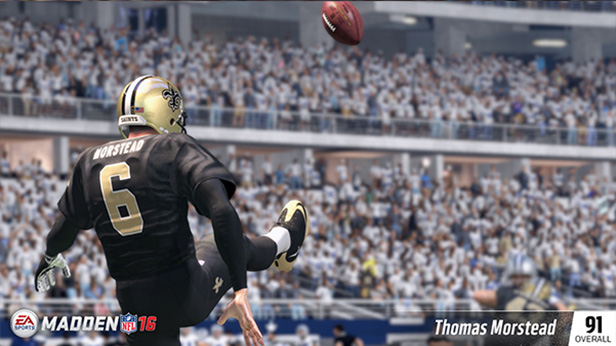Last night, the Philadelphia Eagles defeated the New England Patriots to win Super Bowl LII®. By this point, the Super Bowl is more than just a football game. It is a literal spectacle, above and beyond the athletic competition itself. Not only do viewers get exposed to the glitz and glamour of the biggest game of the season, but there is also an extra-long halftime special. Not to mention the heavily-discussed commercials. Often, marketing firms will hire celebrities to appear in these commercials to add a little extra pizzazz. Of course, these celebrities usually agree to appear in these advertisements beforehand, with full knowledge that their likeness is being used for commercial gain. This year’s Super Bowl went a step further.
Prince, Martin Luther King, Jr., and Kurt Cobain are some of the most iconic individuals in American history and pop culture. They were also fiercely protective of how their names and images were used when they were alive. Today, their respective estates or other third-parties control how their “publicity rights” and how their likenesses are marketed. Yet somehow each of these three were all featured in different ways during the Super Bowl telecast, often in direct contrast to how they would have presented themselves during their lifetimes. How is this legal? I will try to address this interesting cross-section of trademark, copyright, and publicity right issues here.


Recent Comments